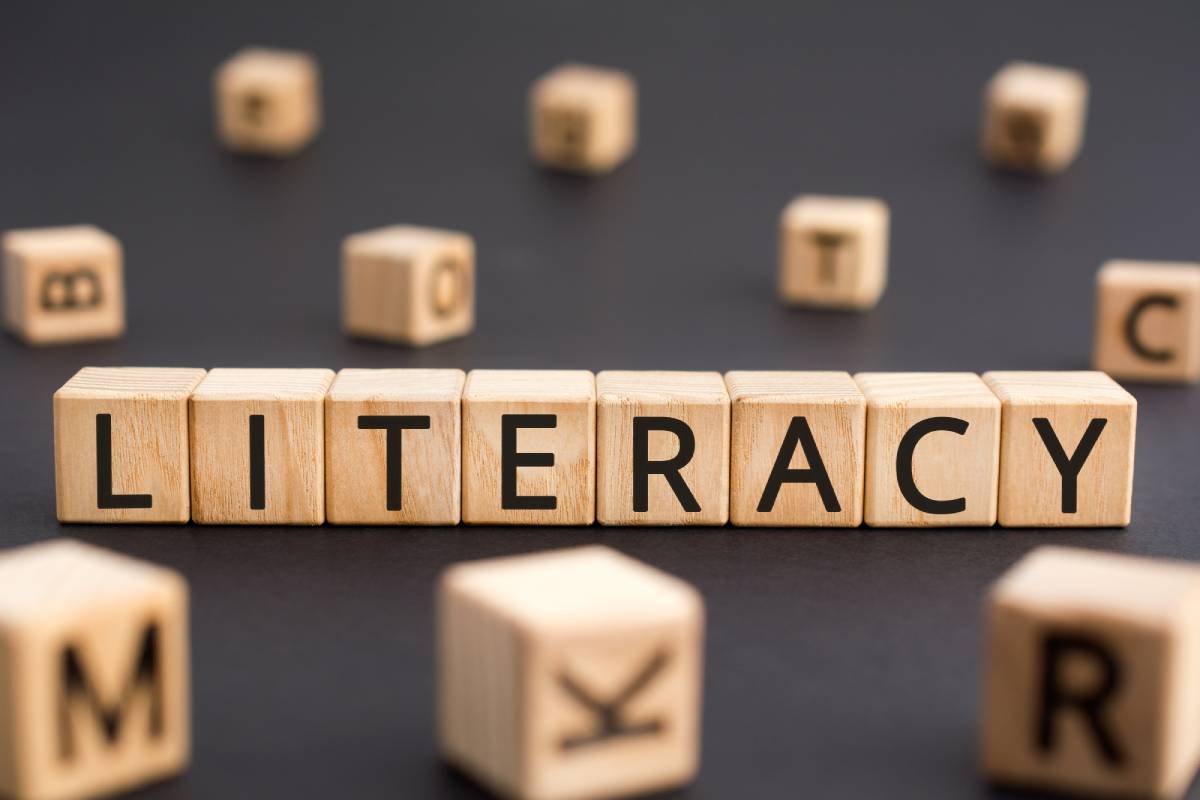Is it possible to improve literacy levels with a knowledge-rich curriculum? For many years in the U.K., we have focussed on non-cognitive skills and steered away from general knowledge.
A recent American study into using knowledge-rich curriculums to improve literacy levels explores their effectiveness from kindergarten through to 6th grade.
The results strongly suggest that curriculum interventions can indeed reduce literacy gaps and improve outcomes in other subjects.
Let’s examine the idea of improving literacy levels with a knowledge-rich curriculum in more detail.
Can we boost literacy outcomes with a knowledge-rich curriculum?
It may be time for schools to reassess their curriculums and possibly undertake a significant reform if the results of Willingham’s study are accurate.
It does indicate that a significant review in the U.K. is due.
What does moving towards a knowledge-rich curriculum look like?
It is undoubtedly worth schools reviewing their existing curriculums to evaluate the following ideas.
- How much general knowledge is covered across your curriculums?
- Do you see the benefit of incorporating a more knowledge-based curriculum?
- Which subjects could be easily changed to incorporate a knowledge-based approach?
Barriers to Moving Towards a Knowledge-Rich Curriculum
Of course, there may be some barriers that could prevent a knowledge-based approach.
- One is teachers’ lack of knowledge in some subjects. This is often true at primary school, where teachers cannot be experts in all areas. Often, the subject lead is not even a specialist.
- Schools may need additional training opportunities for staff and leaders to increase their confidence.
- Another change will need to be regarding assessment. Assessing learning may require an alternative style.
Schools adopting the approach must also find ways to measure the change’s impact accurately. Those early adopters will be taking a risk that their efforts will not lead to significant improvements in literacy achievement.
Additional Benefits of a Knowledge-Rich Curriculum
One of the exciting benefits of a knowledge-rich curriculum is its ability to reduce inequalities. In the same way, we talk about enhancing cultural capital, instilling a broad knowledge base will likely impact disadvantaged pupils more widely.
It may also provide a helpful transition to secondary education as pupils with a broad knowledge base could find it easier to adapt to the subjects at key stage three and beyond.
Disadvantages of Adopting a Knowledge-Based Curriculum
Undertaking such a massive change to the priorities in U.K. education should not be undertaken lightly. The study in question is a working paper that has not yet been peer-reviewed.
However, it does seem worth keeping an eye on the outcome of the peer-review process and taking some time to begin outlining groundbreaking strategies in curriculum design. Literacy outcomes continue to be a concern, and any well-researched ideas that could boost results are welcome.
Indeed, it could be argued that building general knowledge is a logical principle that has been lacking in the U.K. despite it seeming apparent that understanding a variety of texts requires a broader approach.



